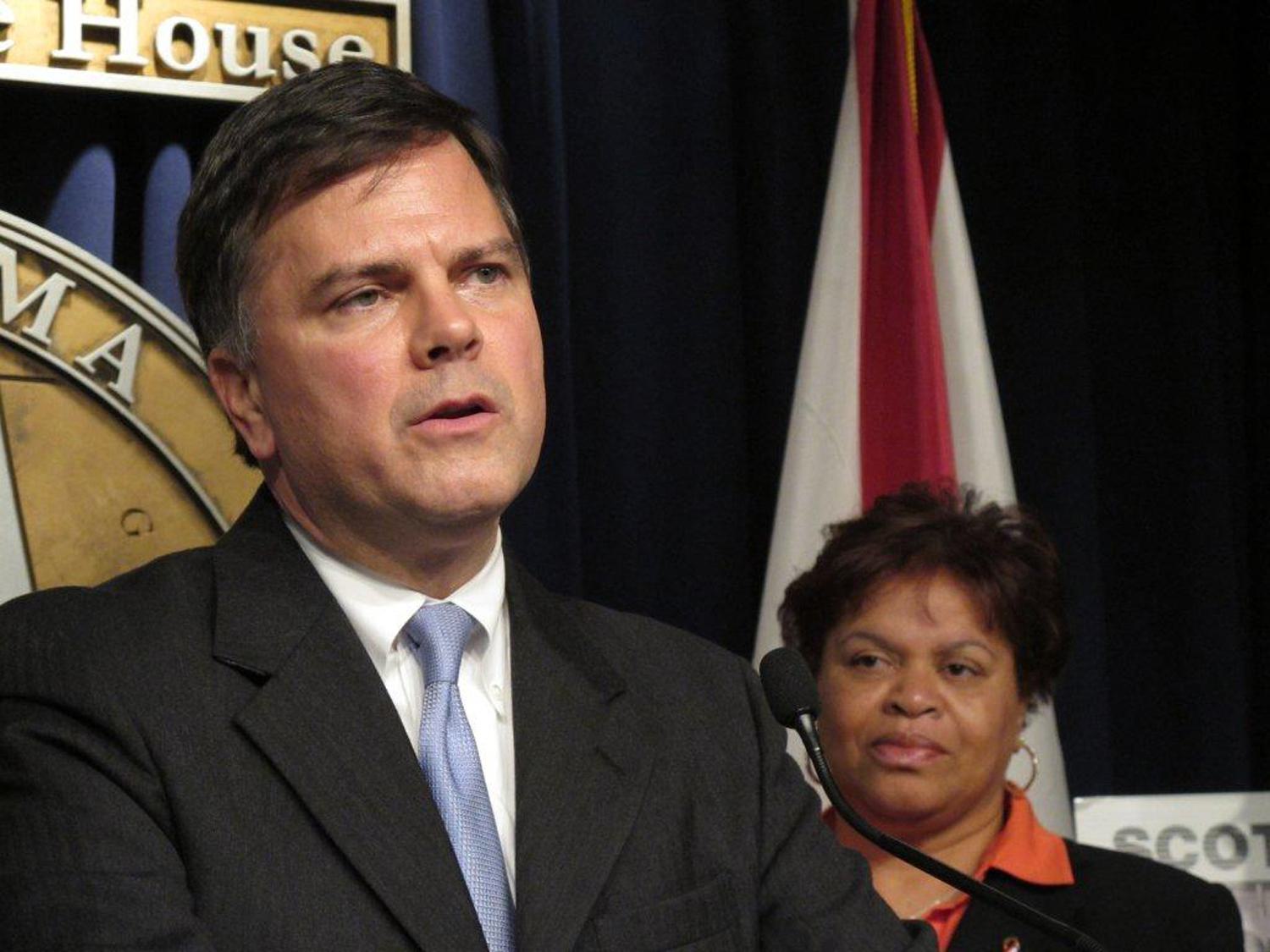Lawmakers are grappling with what to do with a $2.7 billion education budget surplus with the 2023 legislative session around the corner.
There has been reluctance from Republican lawmakers and Gov. Kay Ivey to support a tax cut, and instead, they have suggested a tax rebate.
However, State Sen. Arthur Orr (R-Decatur), the Senate Education Trust Fund Committee chairman, thinks there is room to do both a rebate and a cut.
During an interview with Rightside Radio's Phil Williams on Friday, he offered specifics of his proposal for handling the surplus $2.7 billion.
"We're looking at both," Orr said. "I think you do the larger pot due to this one-time phenomenon of the $2.7 [billion] that was attributed in the article — the $400 or $500 million, that would put roughly $200 per taxpayer. You get into the weeds on just people who paid income taxes, is that the ones who are eligible? Is it all filers that would be eligible? So, where do you draw the line on who would receive the check? That's something the body would have to determine. But I think that's a safe number, $400 or $500 million."
"And then, on top of that, I think you've got to continue to push for permanent tax cuts," he continued. "Now, I am biased somewhat towards trying to help those on defined contribution plans, which would be the retirees that don't have the luxury of having a defined benefit plan, which in Alabama is not taxed. Defined contribution — now that's your IRAs and 401(k)s. They are taxed by the state, and we passed a bill here in 2022 that I worked very hard on, sponsored with Representative [Lynn] Greer from the Florence area. It passed. The first $6,000 is now tax-free. I want to keep bumping that number north so more money for our retirees who are on these fixed incomes can get their money out of their savings account, their retirement savings account, tax-free."
"Another thing I think we need to do is look at the bottom end of the spectrum, and we've got a, I'll call it a nuisance tax, down at the lower end on your first dollars of income, it's a 2% rate," Orr added. "I think we can afford to eliminate that to you've got a minimum threshold that you're not paying taxes on your first $1,000 of income. So, that's something we're also looking at. That's just me. Someone else may come with a better idea. Of course, as you know in the legislative process, that all can be determined by the legislature and the governor."
Jeff Poor is the executive editor of 1819 News and host of "The Jeff Poor Show," heard Monday-Friday, 9 a.m.-noon on Mobile's FM Talk 106.5. To connect or comment, email jeff.poor@1819News.com or follow him on Twitter @jeff_poor.
Don't miss out! Subscribe to our newsletter and get our top stories every weekday morning.










